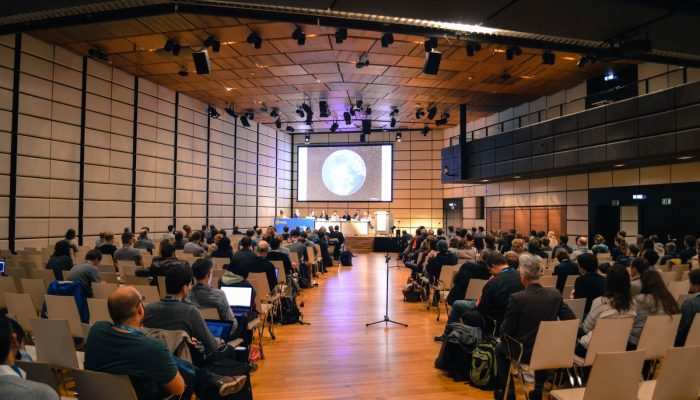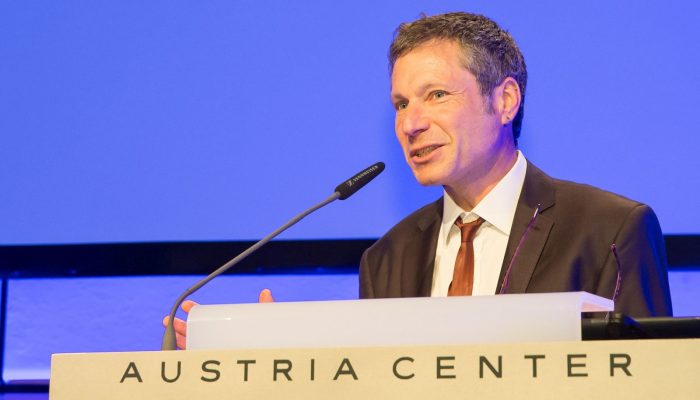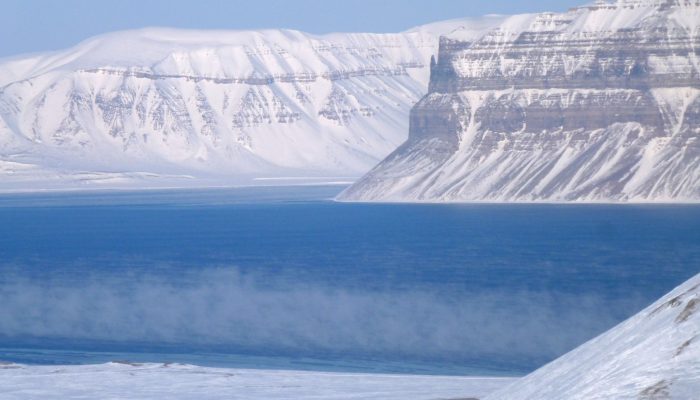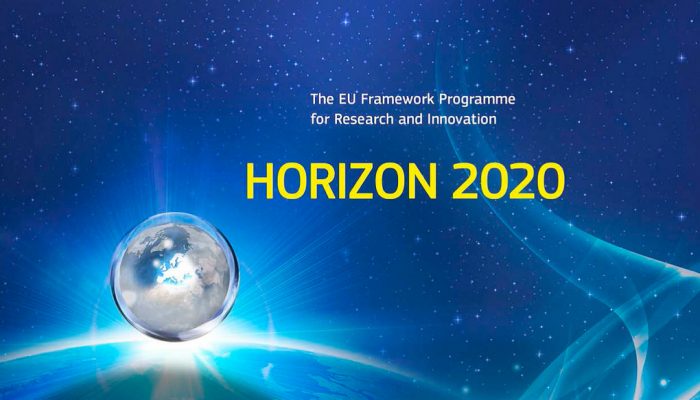Do you enjoy the EGU’s annual General Assembly but wish you could play a more active role in shaping the scientific programme? Now is your chance! But hurry, the session submission deadline is fast approaching. You’ve got until September 8th to propose changes. As well as the standard scientific sessions, subdivided by Programme Groups, EGU coordinates Interdisciplinary Events (IE) at the conferen ...[Read More]
Help shape the conference programme: Interdisciplinary Events at the 2018 General Assembly




